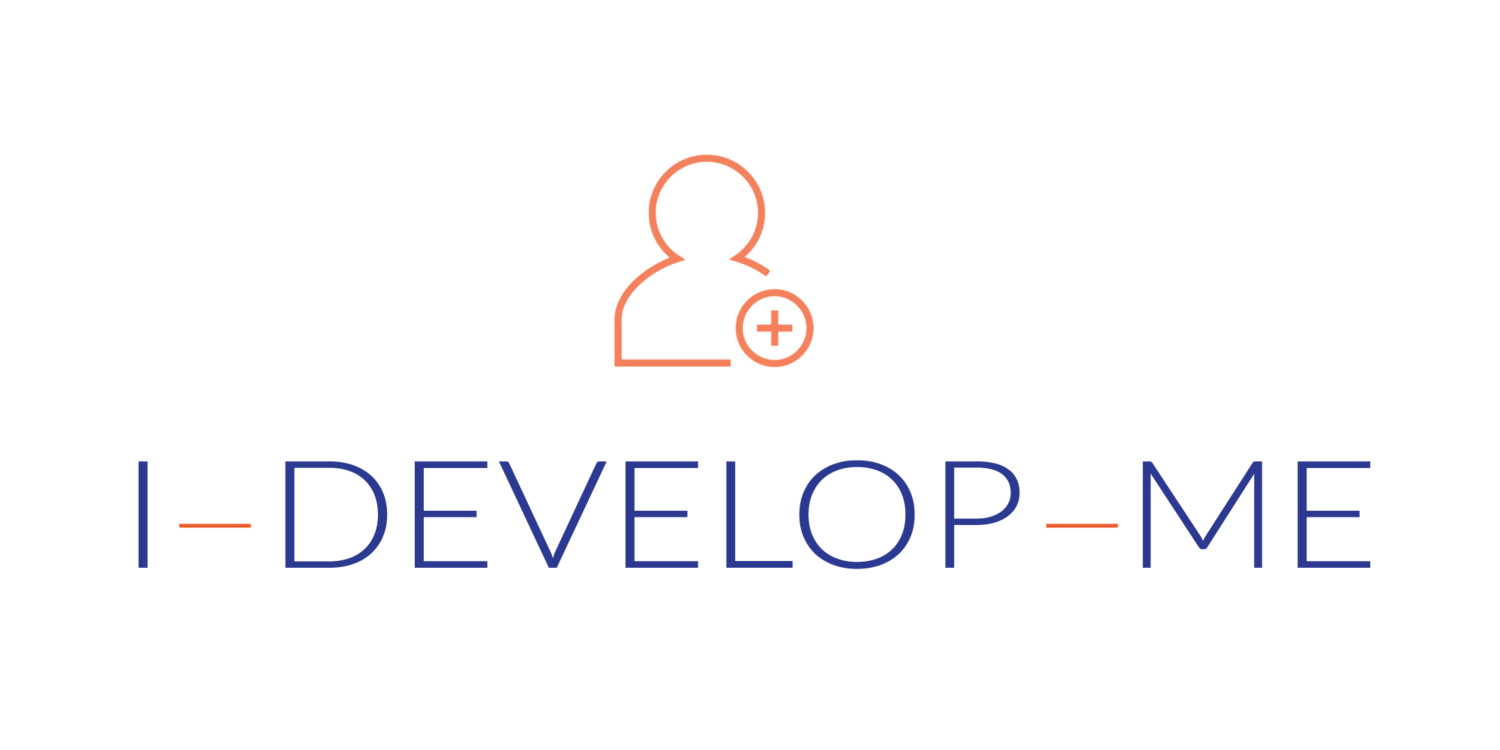I have a friend, let's call her Molly, who I regard as one of my "amazing" women friends. She has two little boys, one with a challenging condition and maintains a senior business role and a beautiful house. She asked me to do a post on what to do when your career sponsor leaves your business.
My first thought was, I wish I had a career sponsor! A person who takes a strong interest in my career and my career development and who is looking out for me next role, and what I need to improve in to get there. A person who provides me with targeted development opportunities and mentors and supports me as I'm learning. In Molly's case it's her current CEO, who has just resigned. Bugger.
My second thought was, I have no idea!! That was a few weeks ago and I've had a little time on planes to contemplate her question.
So here are my thoughts:
Maintain Relationships with your "A" Team
In Organisations we are all part of different teams. There is the team you work with on a daily basis. This is the group that often report to the same manager. Then there is the team you manage. Sometimes there may be another team, either a functional team or perhaps a project team you work with for a period which is disbanded at the completion. As you become more senior in organisations and part of a Leadership team, your most important team is your peers. This is your "A" Team. The group you are part of with the same leader, usually the CEO or Managing Director. Depending on your organisation you may need to work with and influence people are are the head of functions or business areas such as Sales, Marketing, Finance, IT, Human Resources, Safety, Operations and so on. You get the picture. Many managers make the mistake at this level of thinking that the team they manage is the most important. It's not.
If you can build good relationships with your peer group and influence them effectively you will have a great group of supporters and be effective in your role. I also find this group to be a great source of inspiration and learning. Most people have risen to this level because they have worked hard, are smart, and talented. I have learnt so much about running a business and managing people from working with people at this level.
This group (the same as you) won't always be in these roles. They may move into different and more senior roles within their current or a new organisation who will be great contacts and a potential source of career sponsorship.
Keep in Touch
If I was Molly I would consider how I'm going to keep in touch with the departing CEO. He sounds like a great leader, and a developer of more leaders. There aren't heaps of those around. Molly is a great "connector" so I know she won't find this too hard.
There are no shortage of ways to stay connected both online and face-to-face, and I like to use both. Some people are critical of social media (which is the main online way to connect with others) saying it's not personal and isolating. I disagree. We all lead busy lives and social media provides a way of connecting with and keeping up to date with the lives of colleagues and friends. It's the reason that "smart" phones have been so successful! Humans are social creatures and like to "connect" all the time, through these devices. On a recent trip to Singapore I turned the data roaming off on my iPhone to prevent the exorbitant charges. Talk about painful! No email. No Facebook. No Twitter. No Instagram.....No connection!! It was torture.
I have also met lots of new people online and attend social media meet ups with Social Media Women. It's great fun.
The best way to keep in touch with work collegues online is probably LinkedIn, a professional platform to not only connect with collegues but you can join various groups that meet your career interests and network with people in similar roles across the world. You can ask for advice and read about latest thinking in your area of expertise.
Twitter is also quite a good way to keep connected. It's short and sharp and tends to be slightly less personal than Facebook. I only become "Friends" with work collegues if we have more than a work relationship. I like my lines blurred between work and home however I don't think all my work colleagues would appreciate the photos I post of my kids or the flowers I regularly steal from around my suburb. Actually not all my friends would appreciate this either.....
Of course social media is only part of the equation. It helps you know where people are at but face-to-face conversations are best. Hands down. A coffee every couple of months or drinks at the end of the work day, work a treat. For a better connection go for lunch.
Have More Than One
So who says you just need one? I think the more the merrier when it comes down to your career. If you are good at building relationships you may be able to cultivate a couple. Depending on your goals and interests, consider a person who is an expert in your career area and a person who is a great people manager. Or consider one person who has known you your whole career and understands your strengths and frustrations and another person who doesn't know your history but who you connect with easily and is a good advocate. You will need to make a conscious effort here and really think about who you know and what you need. Not that easy but anything worthwhile isn't.







